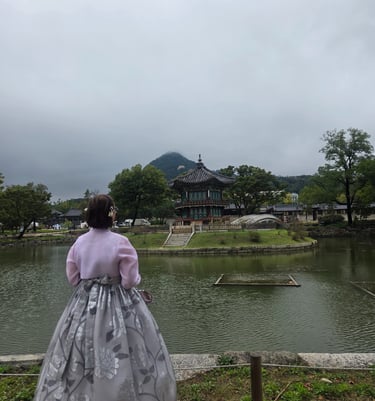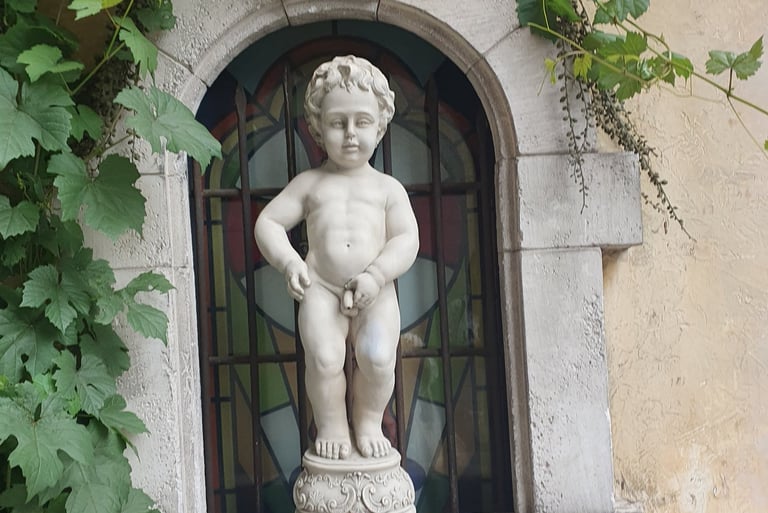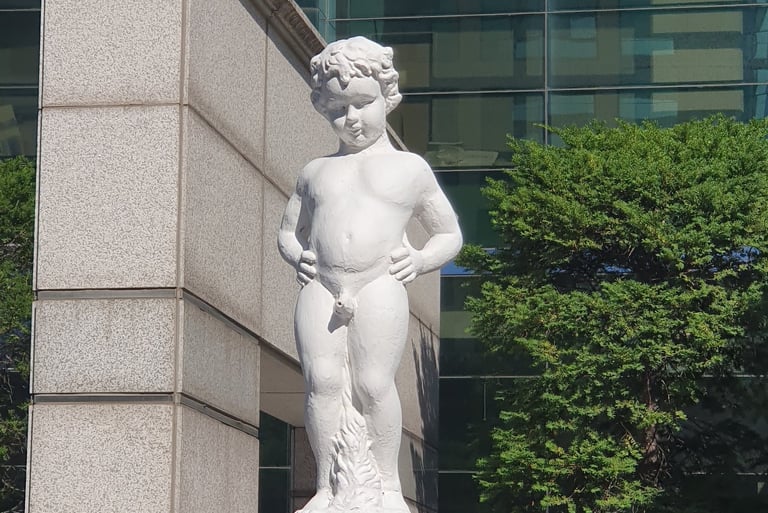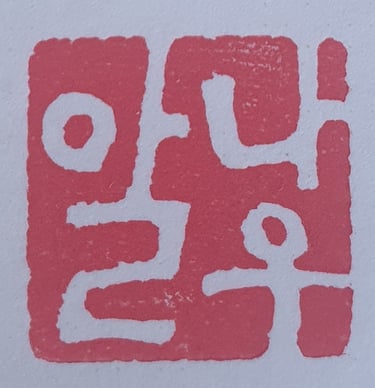A quick note to introduce myself and talk about my connection with Korea.
My name is Naoual, I am Moroccan and a Belgian citizen, born in Belgium. I am a mother and Asian at heart.
My love for Korea didn’t begin with Korea itself but with Asia after a trip to Malaysia.
In 2019, I spent 2 weeks in this Southeast Asian country. It was a total cultural shock, in a positive way.
Seeing skyscrapers, places of worship, and a jungle coexisting, all in the immense and bustling metropolis that is Kuala Lumpur.
Similarly, seeing three ethnicities, each with their own religion, blending together as one unified population was truly surprising, especially when you live in Belgium where two linguistic communities are often at odds.
The Malaysian people, like me, are deeply attached to their customs, and they undoubtedly live in a world that is technologically advanced by a few decades compared to many European countries. And that’s something that resonates with me. "Learn from the old, understand the new".
This feeling hit me even more when I visited Korea.
As I explained on the introduction page, my love at first sight for Korea had to be followed by a trip to the Land of the Morning Calm.
Korea and its people live life at a thousand miles an hour. But that doesn’t stop them from holding onto deeply rooted traditions in today’s hyper-connected world; the two interact perfectly with one another. In fact, I believe these two elements are inseparable.
Koreans are gentle, courteous, polite, and competent.
And please don’t bring up the argument that they’re only like this because of the tourism industry; either you’re kind, or you’re not.
Despite the language barrier, they are empathetic and genuinely helpful (thanks to nunchi—I even dedicated a page to it on this site). They do their homeland proud, and for all these reasons, traveling there is particularly easy and comfortable.
I often read that Koreans remain conservative about their culture or even closed off to others. In my three weeks there, I had no experiences that convinced me of this. If a sixty-year-old taxi driver asks you to provide the address of your destination in Korean, that can hardly be called conservatism. A Brussels taxi driver is no more qualified to read an address in Hangeul. This, if I dare say so, is the only type of resistance I encountered.
In other situations, when asking directions from people, even (very) elderly ones, we only experienced kindness and attentiveness.
I concede that everything isn’t perfect in the Kingdom of Joseon; after all, we’re talking about Korea, not paradise. And I confess, I don’t intend to be objective, as I don’t want to focus on the criticisms and more negative aspects of this country. Because, after all, what country doesn’t have its faults? Let the one who has never sinned…
I may not be objective, but I will be perfectly sincere. This site reflects the impressions I have of this country. It deeply captivated me, and my time there left a lasting mark on me.
You might ask why make another website about Korea when there are already so many. Good question! My answer is, because this one is mine. It covers the topics that interest me, the figures I find remarkable or essential, the events that intrigue me.
When asked to recount my time in Korea, my response is full of praise, and people have pointed out that I might be exaggerating. Three people went after me based on my feedback. All three fully confirmed my impressions.
Speaking of sincerity, I wrote most of the texts, but I used artificial intelligence for some of them, simply because I don’t have the patience or the time to compile the necessary information and rework it.
Take your time exploring my site and (re)discover Korea through my eyes.
Fun fact : Guess who we met in Seoul ?
Here are some must-see websites and portals for Korea :
https://brussels.korean-culture.org/en
https://kingsejongbrussels.org/fr/
https://world.kbs.co.kr/service/news_main.htm?lang=f
https://www.instagram.com/hashtaghankuk?igsh=cHdsN2VzOHVsdzVr







